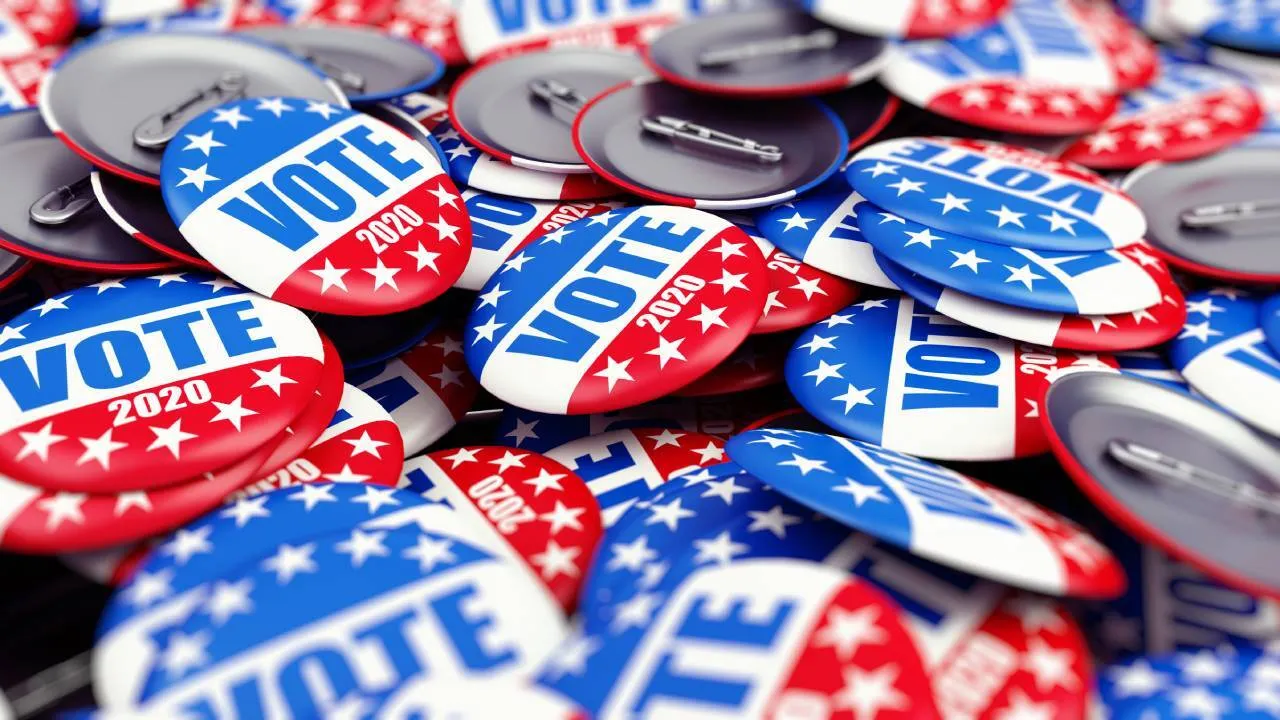In brief
- US Presidential hopefuls are being asked about Bitcoin, blockchain and cryptocurrencies.
- Incumbent President Donald Trump has referred to cryptocurrencies as being "based on thin air."
- Democratic challenger Mike Bloomberg has called for a “clear regulatory framework” for crypto.
If 2012 was the Facebook election and 2016 was dominated by Twitter, 2020 could be the year of the Bitcoin President. Blockchain voting may still be a way off, but 2020’s US Presidential candidates are starting to take Bitcoin and other cryptocurrencies seriously.
It's not surprising, given that 43% of Gen Z and Millennials think that crypto could replace the US financial system today. Whichever side of the fence they come down on, Presidential hopefuls are being asked about Bitcoin, cryptocurrencies and blockchain—and they’re increasingly expected to have an opinion.
So, what do 2020’s Presidential candidates think of Bitcoin, cryptocurrency and the tech that underpins it?
Donald Trump is no fan of Bitcoin
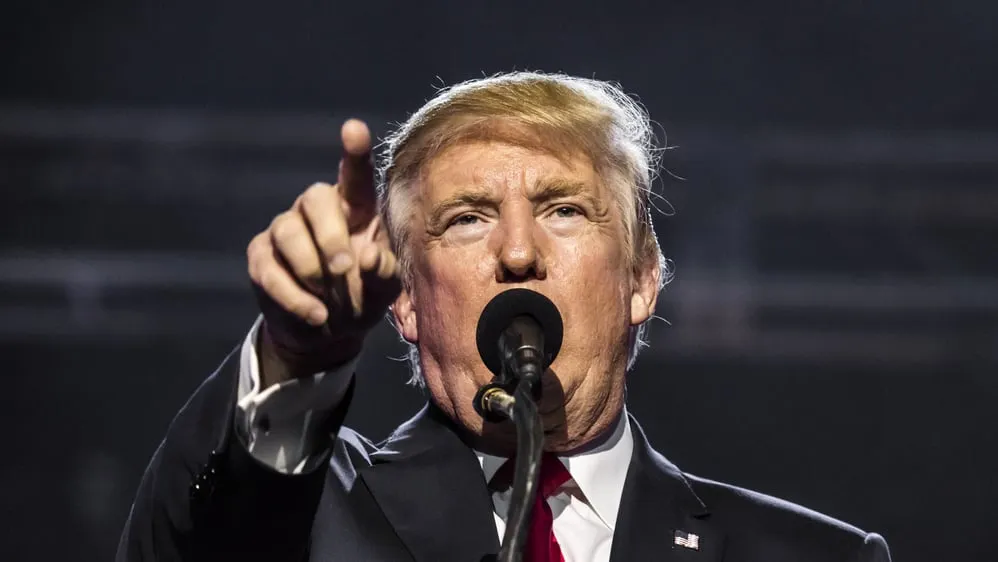
The incumbent US President, Donald Trump, doesn’t mince his words when it comes to Bitcoin. In July 2019, he took to his favourite platform, Twitter, to voice his opinion on the cryptocurrency. “I am not a fan of Bitcoin and other Cryptocurrencies, which are not money,” he wrote, describing their value as “highly volatile and based on thin air”.
I am not a fan of Bitcoin and other Cryptocurrencies, which are not money, and whose value is highly volatile and based on thin air. Unregulated Crypto Assets can facilitate unlawful behavior, including drug trade and other illegal activity....
— Donald J. Trump (@realDonaldTrump) July 12, 2019
Trump came down firmly on the side of fiat currency, calling the US Dollar the “real currency in the USA”, and saying that unregulated crypto assets fuel illegal behaviour, “including drug trade and other illegal activity.”
Accordingly, Trump’s $4.8 billion budget for the 2021 fiscal year looks to reallocate the Secret Service to the US Treasury department, in part to fight crypto crime. The 2021 budget states that, "Technological advancements in recent decades, such as cryptocurrencies and the increasing interconnectedness of the international financial marketplace, have resulted in more complex criminal organizations and revealed stronger links between financial and electronic crimes and the financing of terrorists and rogue state actors.”
Trump also had strong words for Facebook’s Libra cryptocurrency, saying that it will “have little standing or dependability,” suggesting that Facebook is trying to set itself up as a bank, and that companies attempting to do so, “must seek a new Banking Charter and become subject to all Banking Regulations”.
....Similarly, Facebook Libra’s “virtual currency” will have little standing or dependability. If Facebook and other companies want to become a bank, they must seek a new Banking Charter and become subject to all Banking Regulations, just like other Banks, both National...
— Donald J. Trump (@realDonaldTrump) July 12, 2019
However, while the President himself may not be a fan of cryptocurrency, several of his appointees are enthusiastic crypto advocates. SEC Commissioner Hester Peirce, a Trump appointee, won over crypto fans with her dissent in an SEC decision to reject a Bitcoin ETF—earning herself the affectionate moniker of “Crypto Mom”. And Trump’s acting White House Chief of Staff, Mick Mulvaney, co-founded the bipartisan Blockchain Caucus, describing blockchain as a technology with the potential to “revolutionize the financial services industry, the U.S. economy and the delivery of government services.”
So, even if President Trump is personally cautious about blockchain and crypto, the Trump Administration is taking a more balanced view of it.
Bernie Sanders wants to bank the unbanked—with post offices
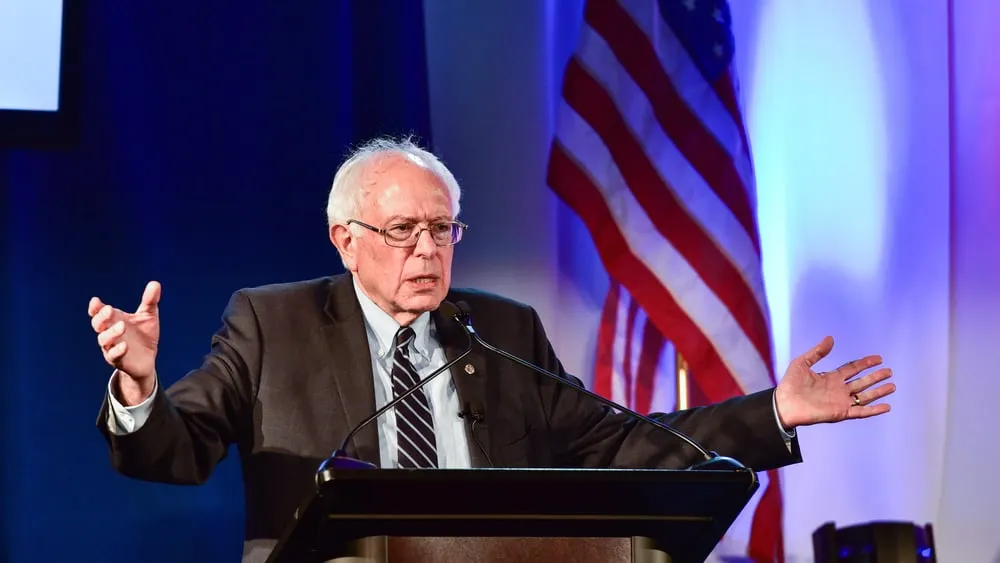
Senator Bernie Sanders, the frontrunner for the Democratic nomination, often talks about starting a political revolution. But his financial policies may be at odds with the financial revolution many Bitcoin lovers are looking for.
Granted, it's difficult to pinpoint where Bernie Sanders stands on cryptocurrency issues; the full Senate has rarely taken up relevant legislation so he has no applicable voting record to look at. Moreover, Sanders doesn't sit on committees that regularly deal with such issues, such as the banking or commerce committees.
However, as you might imagine from a candidate who rails against economic policies that benefit the top 1% of Americans, Sanders has plenty of views on money. In his plan for "Fair Banking for All," the senator shows a keen interest in expanding access to financial services for the 63 million Americans who are unbanked or underbanked. But instead of offering them crypto accounts, he wants US post offices to fill the gap. Americans would be able to get small, low-interest loans and checking and savings accounts from the postal service, which would also run an online banking platform.
The online component is embedded in some of Sanders' other plans and could play in cryptocurrency's favor. Unsurprisingly, Sanders supports net neutrality, which would restrict Internet providers from blocking or slowing user access to specific sites. He also wants to "increase the FCC definition of minimum broadband speeds to 100mbps download speeds and 10mbps upload speeds" while simultaneously investing $150 billion toward "resilient, affordable, publicly owned broadband infrastructure."
That could add up to a ripe environment for cryptocurrency, as others have pointed out, even if the overall tenor of his democratic socialist policies is anathema to those crypto enthusiasts who see Bitcoin as the embodiment of libertarian principles.
Why Elizabeth Warren is worried about crypto
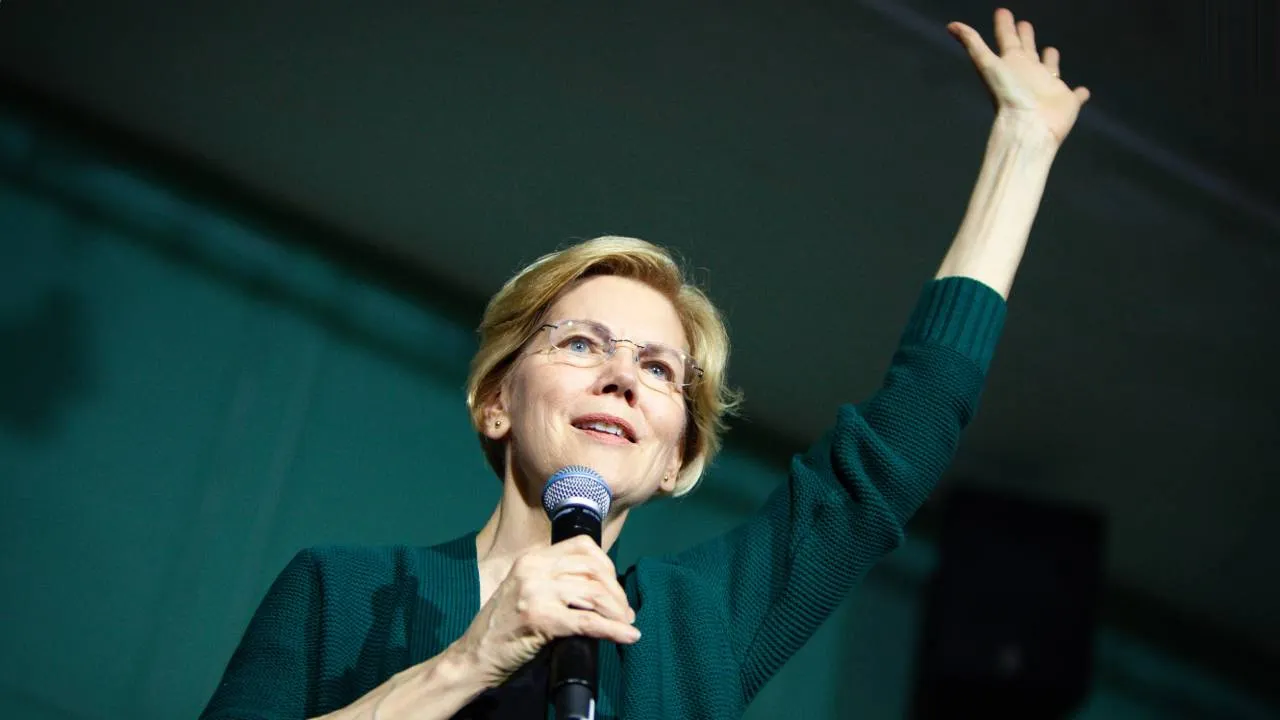
Massachusetts Senator and Democratic Party contender Elizabeth Warren has taken a measured view of cryptocurrency. In an October 2018 Senate hearing on “Exploring the Cryptocurrency and Blockchain Ecosystem,” she described cryptocurrencies as “easy to steal” and highlighted a June 2018 study by ICO advisory firm Satis Group which reported that 80% of ICOs in 2017 were scams.
However, she conceded that while they could empower scammers and criminals, virtual currencies “are an interesting innovation that at least theoretically could provide benefits to consumers.”
I'm worried about consumers getting hurt.
Warren is erring on the side of caution, though; asked whether she was concerned about Americans buying up Bitcoin, Warren told Yahoo! Finance, “I’m worried about consumers getting hurt”.
As part of her broader campaign against Big Tech’s overreach, Warren has taken aim at Facebook. Following the July 2019 announcement that the US Senate Committee on Banking, Housing, and Urban Affairs would hold a hearing on Facebook’s planned cryptocurrency, Libra, Warren tweeted, “Facebook has too much power and a terrible track record when it comes to protecting our private information. We need to hold them accountable—not give them the chance to access even more user data. #BreakUpBigTech.”
Facebook has too much power and a terrible track record when it comes to protecting our private information. We need to hold them accountable—not give them the chance to access even more user data. #BreakUpBigTech https://t.co/eQr06VMMyx
— Elizabeth Warren (@ewarren) June 19, 2019
Joe Biden is ambivalent about Bitcoin
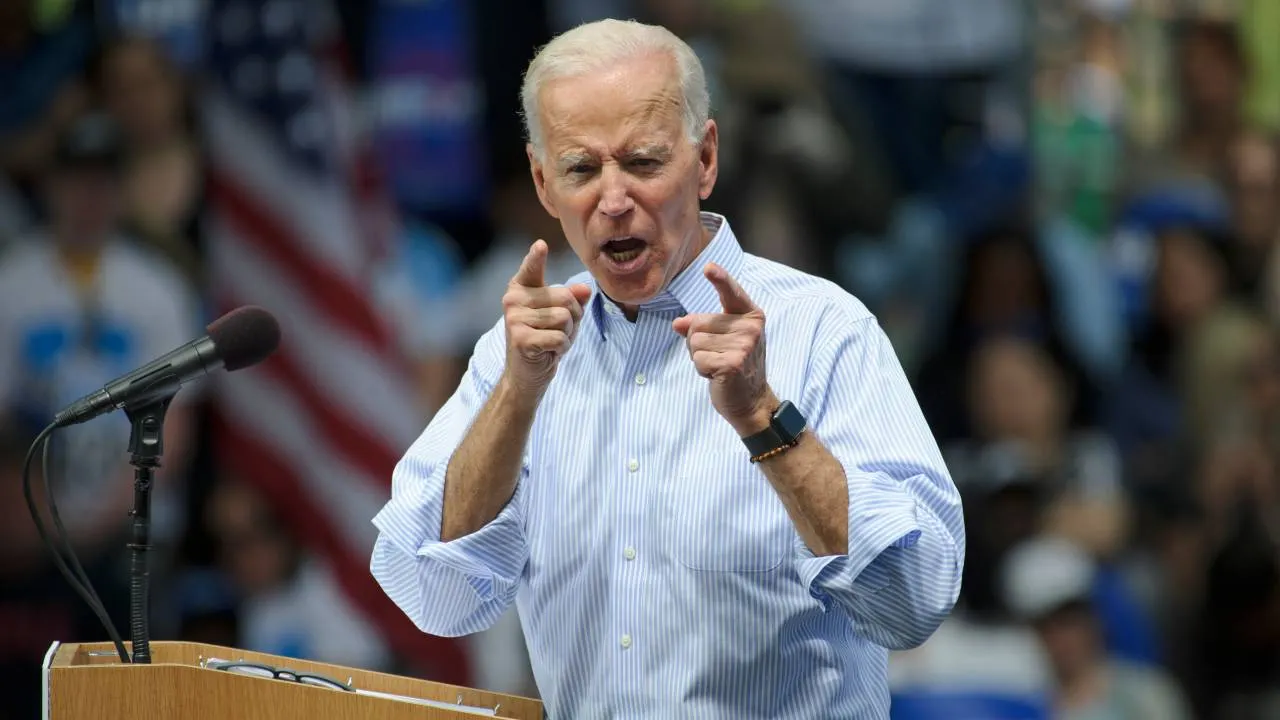
The one-time vice-president and now Presidential candidate has said little of Bitcoin and cryptocurrencies. But a political action committee campaigning on his behalf has. In 2016, when Biden first announced his intentions to run for office, the group, called Draft Biden 2016, accepted contributions in crypto.
While Biden hasn’t commented on the super-PAC, Joseph Schweitzer, the group’s director, said, “This is in keeping with Vice President Biden’s strong support of technology and innovation throughout his career.”
Mike Bloomberg wants regulation of crypto
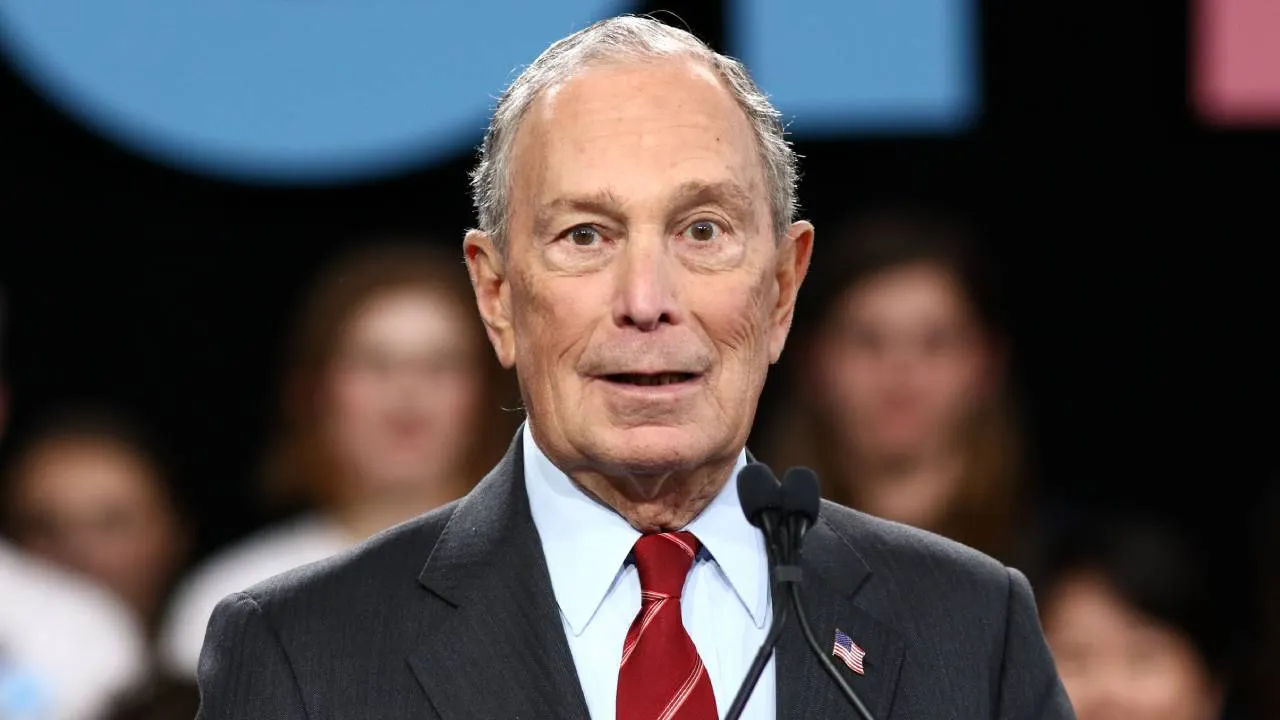
Billionaire Mike Bloomberg entered the presidential race in November 2019, promising to “defeat Donald Trump and rebuild America.” Since tech-favorite—and big Bitcoin proponent—Andrew Yang dropped out, Bloomberg has taken to courting the crypto crowd, or at least, the crypto skeptics.
Regulatory oversight remains fragmented and undeveloped
“Cryptocurrencies have become an asset class worth hundreds of billions of dollars, yet regulatory oversight remains fragmented and undeveloped,” Bloomberg wrote in a new proposal. “For all the promise of the blockchain, Bitcoin, and initial coin offerings, there’s also plenty of hype, fraud and criminal activity.” As such, Bloomberg is calling for a “clear regulatory framework” for crypto.
But if anything, this puts him in line with Trump’s plan of tackling the crypto industry by getting the Secret Service to keep tabs on it.
Amy Klobuchar is curious about crypto criminals

Amy Klobuchar, Senator for Minnesota, has taken part in plenty of congressional hearings on cryptocurrency. But she hasn’t taken a strong public stance on the subject.
The Midwesterner and former lawyer likes to call herself "the Senator next door,” and positions herself as the Democrats’ hope to regain the US heartland. She exceeded expectations in the first two states to vote in the Democratic nominating contests, Iowa and New Hampshire.
To date, Klobuchar’s sole contribution to the crypto debate is a question she asked during the November 2017 congressional hearing on money laundering and terrorist financing. She inquired whether cryptocurrencies would make it easier or harder for law enforcement to track criminals.
While she may be ambivalent about crypto, Klobuchar is a privacy advocate. In November, she shared privacy concerns about Google’s health data sharing agreement with hospital network Ascension.
Tulsi Gabbard bought ETH and LTC
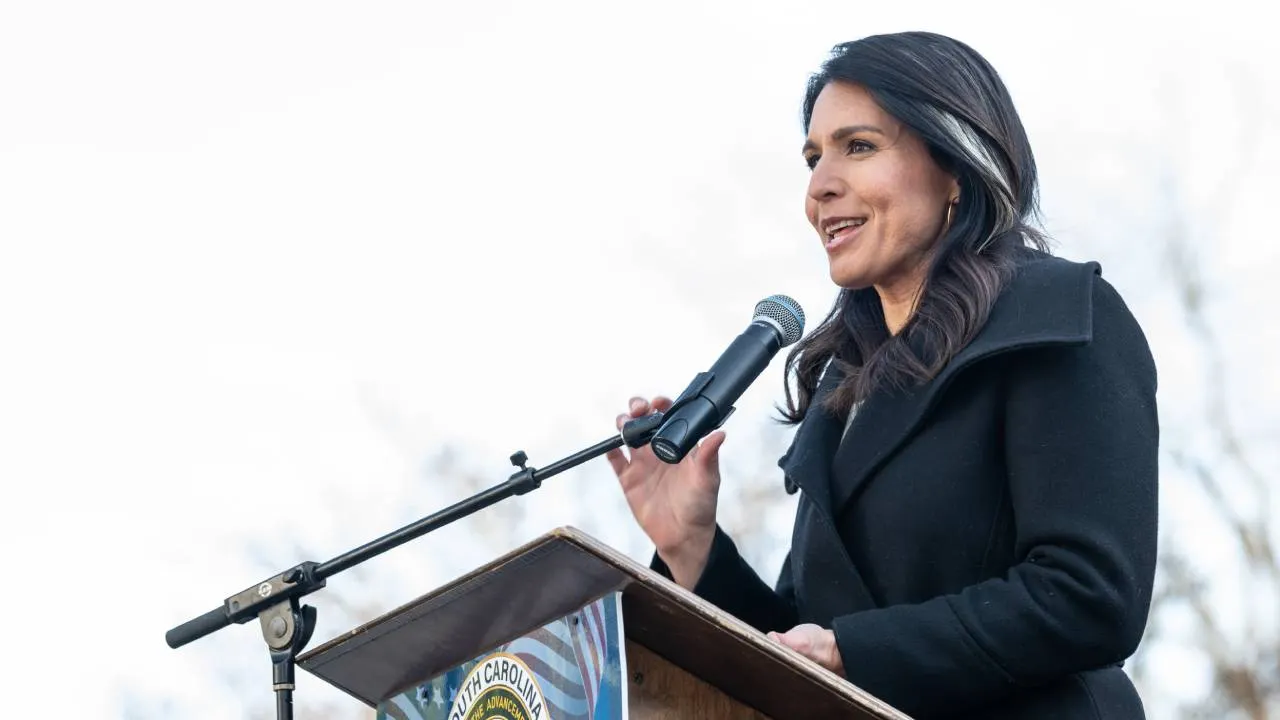
Gabbard, the US Representative for Hawaii’s 2nd congressional district, is one Presidential candidate who’s definitely aware of cryptocurrency; according to a Financial Disclosure Report filed in August 2018, she bought more than $1,000 of Ethereum and Litecoin in December 2017, with the value of each asset listed as between $1,001 and $15,000.
Unless she sold quickly, Gabbard’s made a loss on her investment, with crypto prices having declined sharply since she made her purchases. On the day she bought the tokens (December 12, 2017), ETH traded between $526 and $659; today it’s trading at $224, a drop of around 66%. Litecoin traded between $230 and $339 on the day Gabbard made her purchase; now it’s trading for $60, a drop of around 75%. Whether Gabbard’s investment has colored her view of cryptocurrency is unclear.
Since declaring her crypto purchases, Gabbard has spoken up for blockchain technology, as co-sponsor of Congressman Warren Davidson’s (R-Ohio) Token Taxonomy Act, which aims to exempt some tokens and digital assets from federal securities laws. In a statement accompanying her co-sponsorship of the act, Gabbard said, “In Hawaii and across America, local and state leaders are looking at the potential for blockchain technology to create and expand economic opportunity.”
Bill Weld is no friend of the Fed
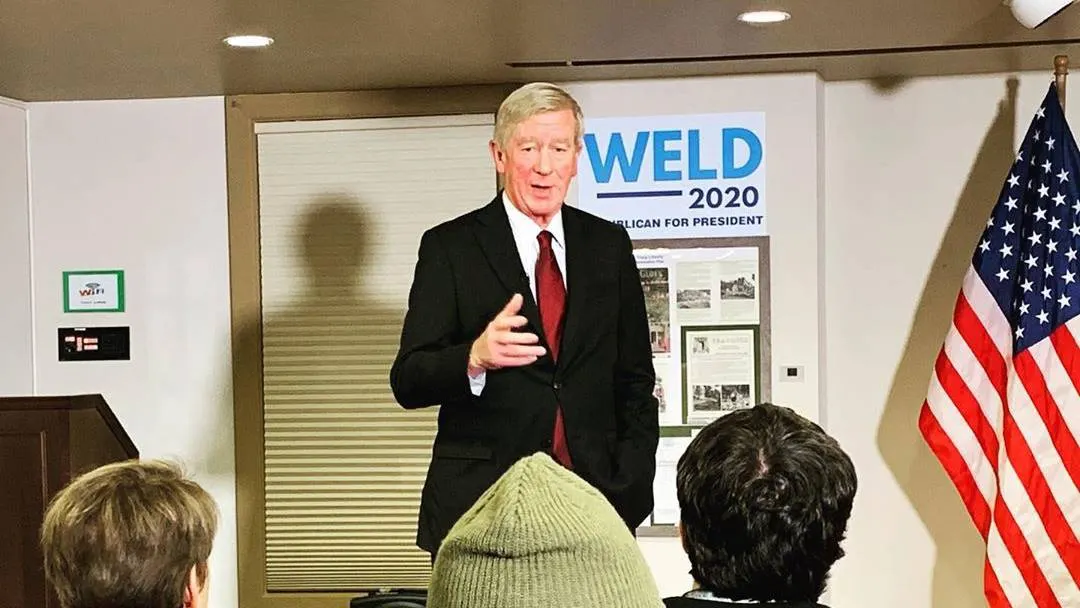
Bill Weld, who four years ago ran as Gary Johnson's VP nominee on the Libertarian Party ticket, is this year running as a Republican challenger to President Trump. Or, at least, trying to run—seven state Republican parties have cancelled their caucuses or primaries. He's also missed filing deadlines in several other states. Elsewhere, Weld is on the ticket, where he's trying to peel off conservative voters who have soured on the president.
Because Weld is running an (extremely) uphill campaign, his policy positions are less clear than some other candidates'. But the former governor of Massachusetts might be able to draft off of his association with Johnson and, more generally, libertarians.
Bitcoin OGs from the days when BTC was worth less than $1,000 may give him a boost for his association with Johnson, who was the only nominee from a major political party to accept Bitcoin donations for his 2016 campaign. Moreover, Joe Hunter, the communications director for both Johnson 2016 and Weld 2020, said Johnson "would look favourably on pardoning Ross Ulbricht," the creator of the BTC-enabled black market Silk Road.
Weld's website doesn't illuminate his take on cryptocurrency, but it does contain at least one interesting passage for crypto sympathizers on US monetary policy: "The [Federal Reserve Bank] holds a distinct power over the economy through its unilateral setting of interest rates. When big government in Washington wishes to raise spending without raising taxes, it simply looks to the Fed to print more money. This is unacceptable."
While he wouldn't abolish the Fed, Weld says he would audit it. It’s a start, eh Bitcoiners?
John McAfee is pro-crypto, for all the wrong reasons

Having valiantly retired from shilling dubious cryptocurrency projects to commit in earnest to his baffling Presidential run, John McAfee’s ideal placement for frontrunner pro-crypto candidate is in doubt. “People ask why I am no longer doing Blockchain promotions. It is very time consuming,” he wrote in a series of tweets late last year. “My Presidential Campaign will be starting in earnest in January and I cannot do both. I am in no way abandoning crypto; only the task of promoting specific projects.”
Nevertheless, McAfee’s crypto credentials are stellar, and he still wants to make cryptocurrencies the “major focus of the 2020 campaign.” The former antivirus tycoon, current fugitive and libertarian nominee—although he claims the libertarian establishment has paid little attention to him—is running his campaign from international waters, having been indicted by US tax authorities for "unspecified IRS crimes of a felonious nature." Famously, he promised to chow down on his own John Thomas in the event of Bitcoin hitting $1 million by 2020; yet he’s also the one who subsequently reneged on that promise. If that weren't enough, he also begs that you do not vote for him because it is “absurd to spend money in order to become a civil servant’.

